
Recovery after the surgery
Immobilization of the arm is necessary in the greatest majority of cases after the surgery, which means that the patient will have to wear a sling for some time. The soreness, which will also be present for a while, can be relived by applying ice packs to the shoulder, but very soon the patient will have to start with the physical therapy, which is absolutely essential for preventing the stiffness, regaining the strength, flexibility and range of motion. Very often the person in question will start with certain appropriate exercises even while still in the hospital. At the beginning, they will be very easy and none of them will be too demanding, while the time for performing them correctly will not exceed 5 minutes.
However, stretching exercises, which are also a part of the rehabilitation, will usually be implemented a bit later, depending on the severity of the case and the type of the procedure. These exercises will have to be performed until the shoulder is fully recovered. What every patient should be aware of is that the pain will decrease with the improvement of motion, which means that even though it might be hard at the beginning, it is not a reason to feel discouraged because it does not take much for the first signs of progression to become obvious. Also, it is important to follow the phases in which the exercises are divided, and to stick to the plan that the physical therapist made, because there is no good in forcing the shoulder to progress at faster pace than it should.
During the whole period of recovery, the patient will probably need to take some medications to relieve the pain, which will not always be possible to relieve by methods other than pain relievers. For milder pain those that can be obtained without a medical prescription can be used, while in cases of severe pain, the doctor might prescribe something stronger.
- medlineplus.gov/ency/article/007207.htm
- medlineplus.gov/ency/article/007206.htm
- Photo courtesy of Leann Bertenlaw by Flickr: www.flickr.com/photos/147450045@N08/31668274570/


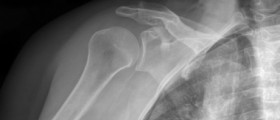
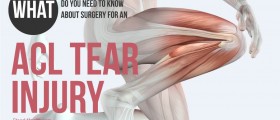

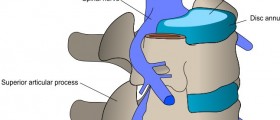
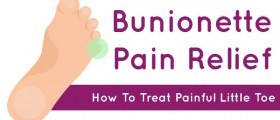
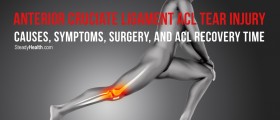


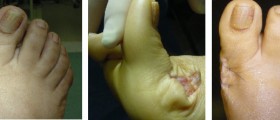

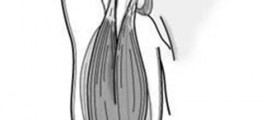
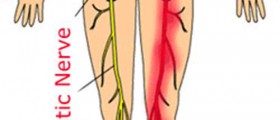

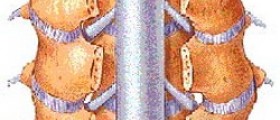
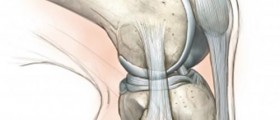
Your thoughts on this
Loading...